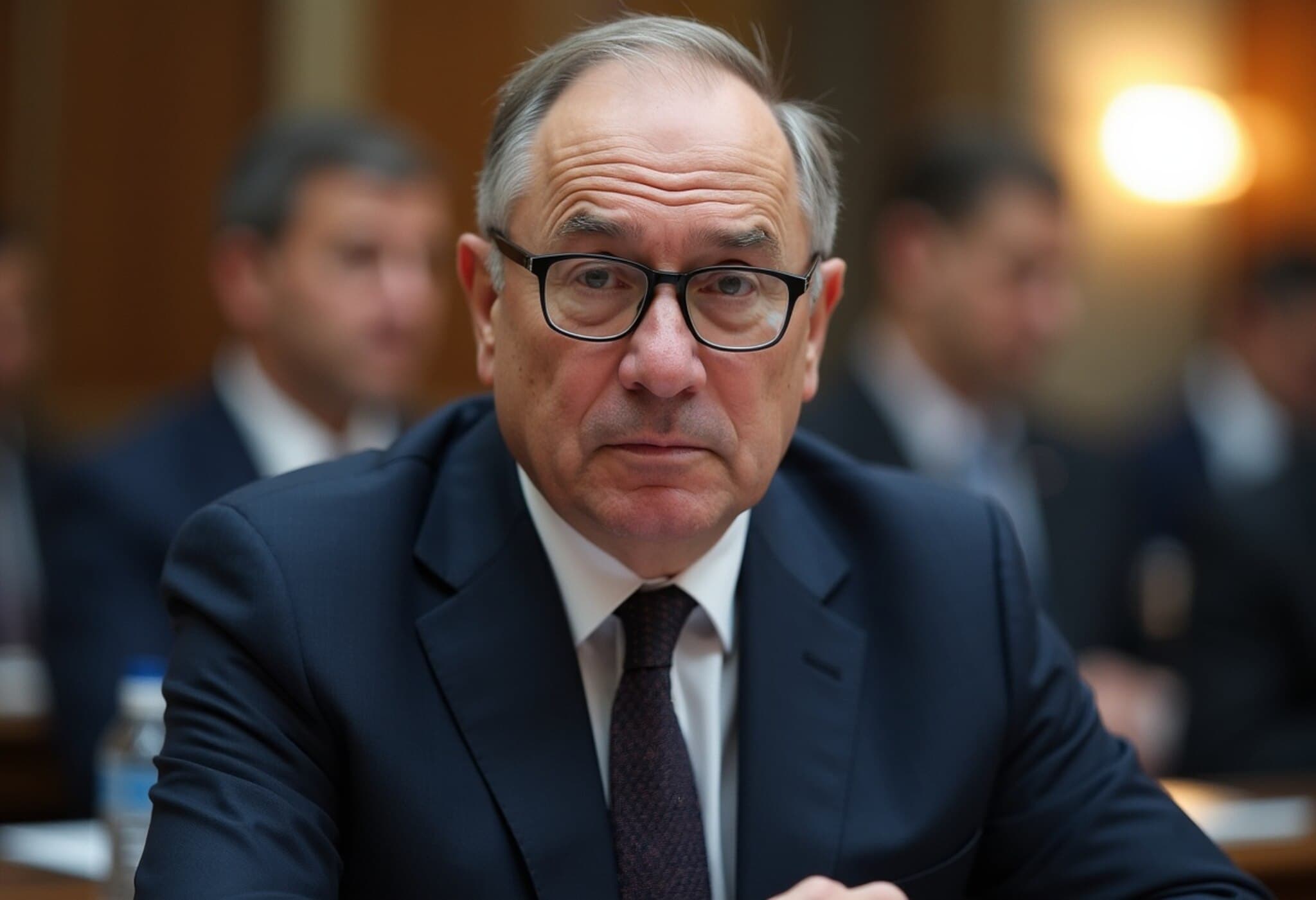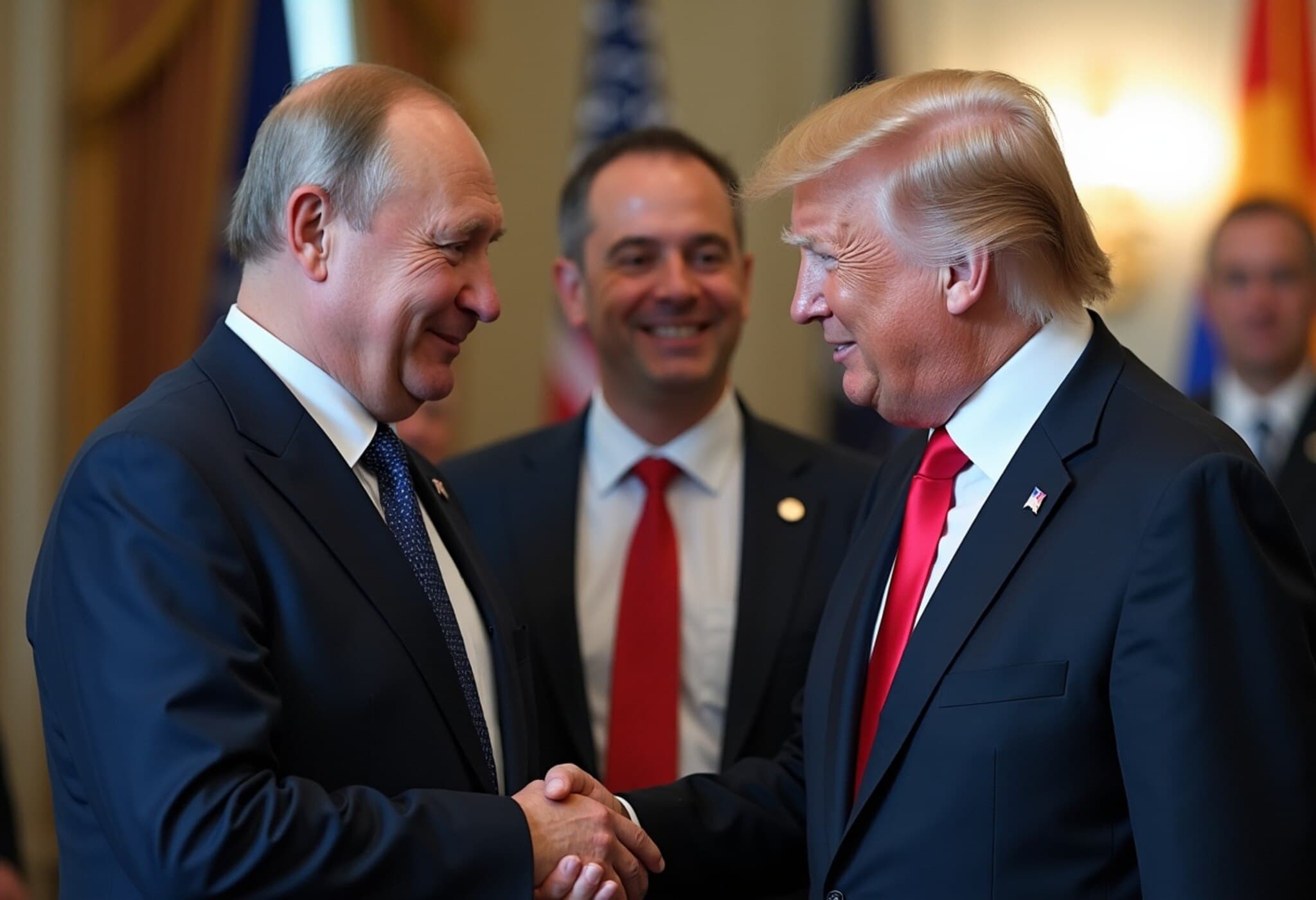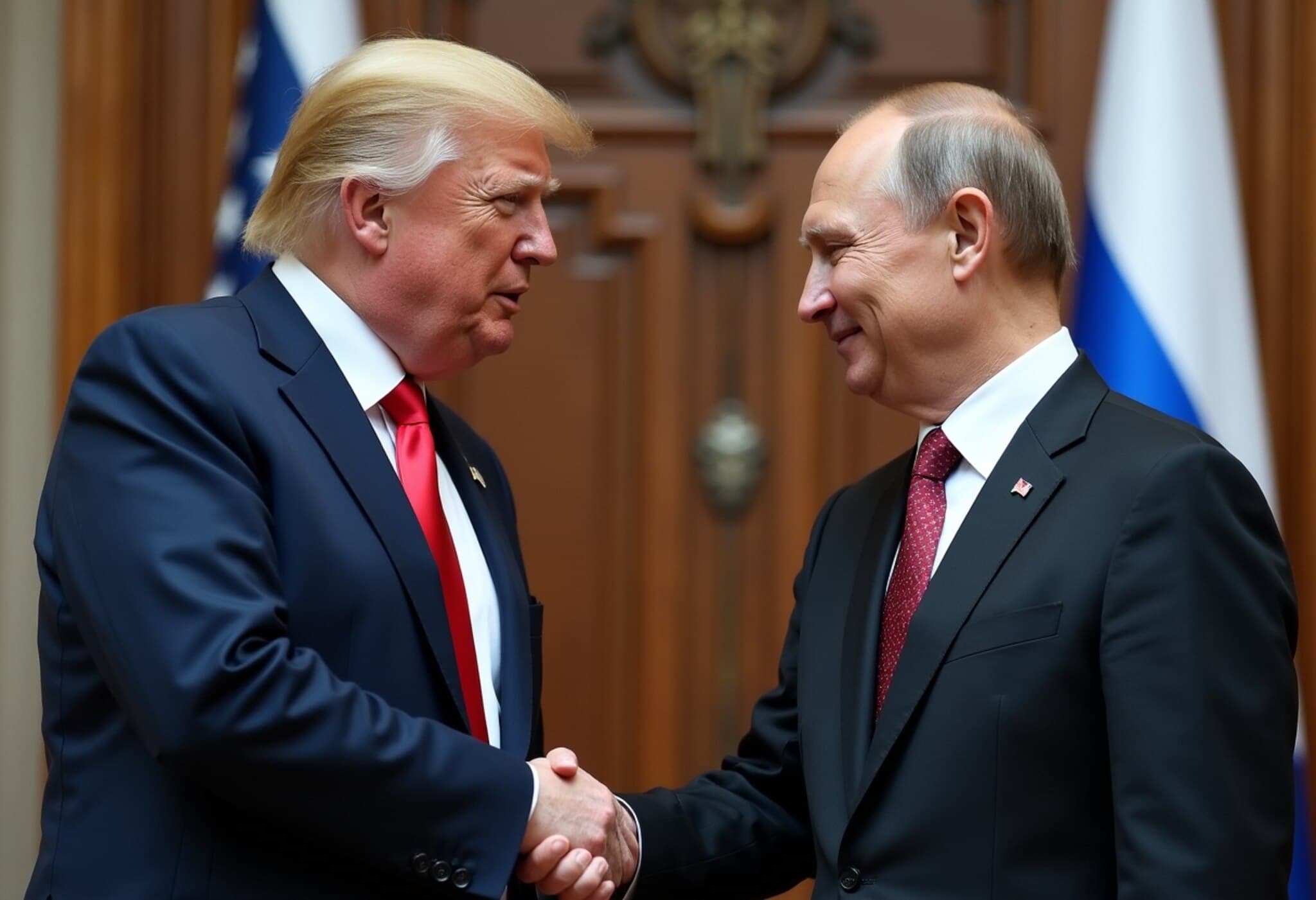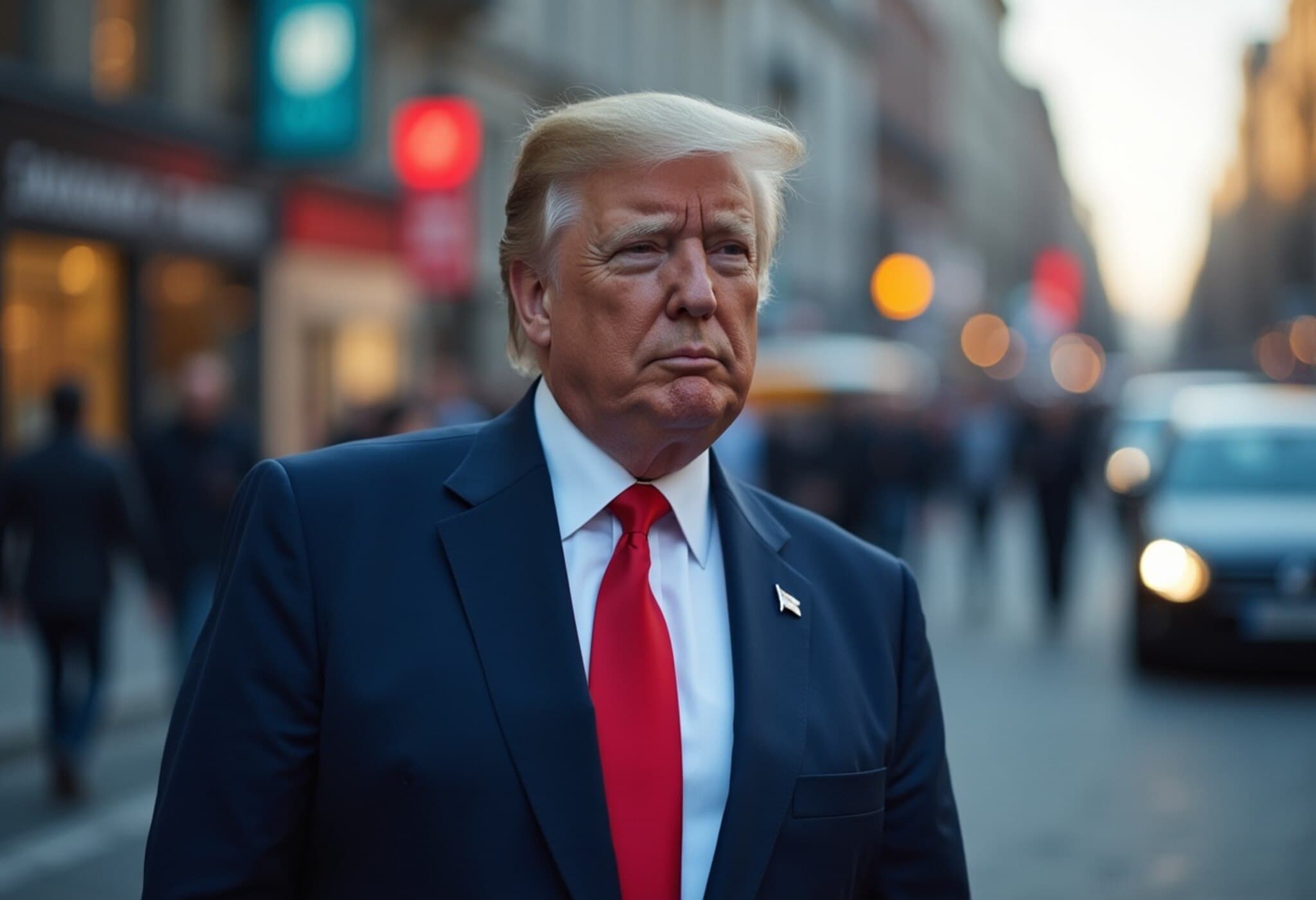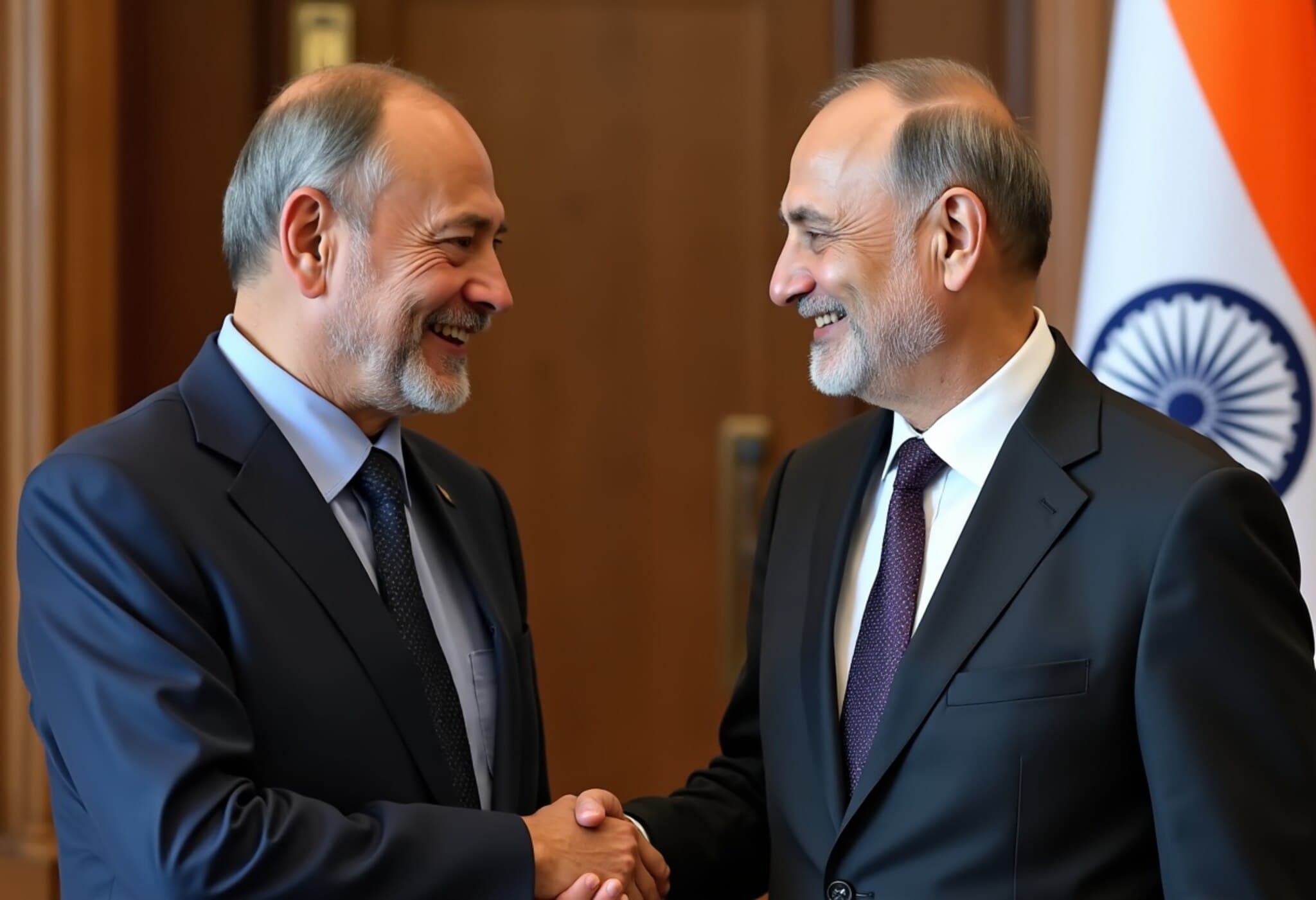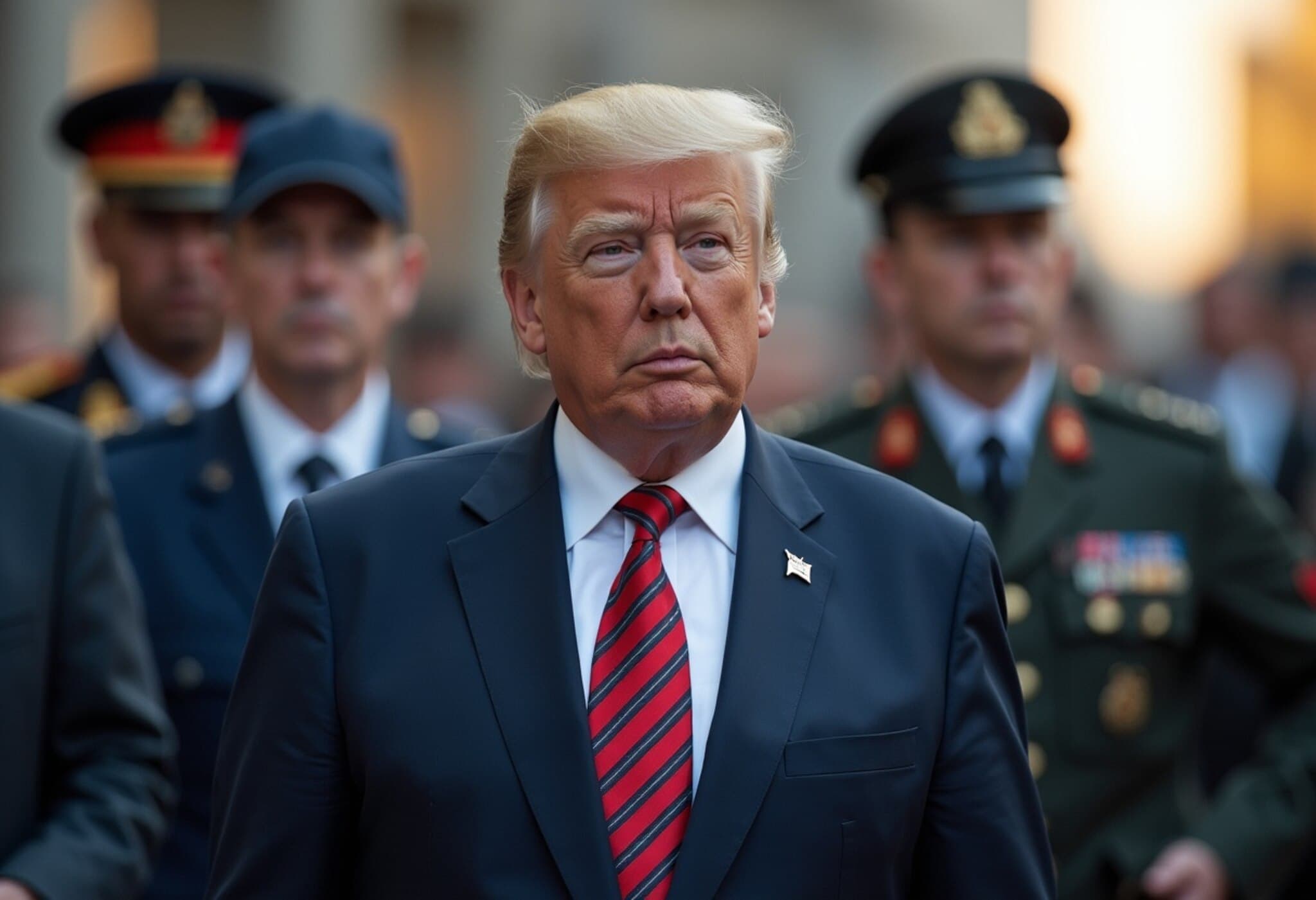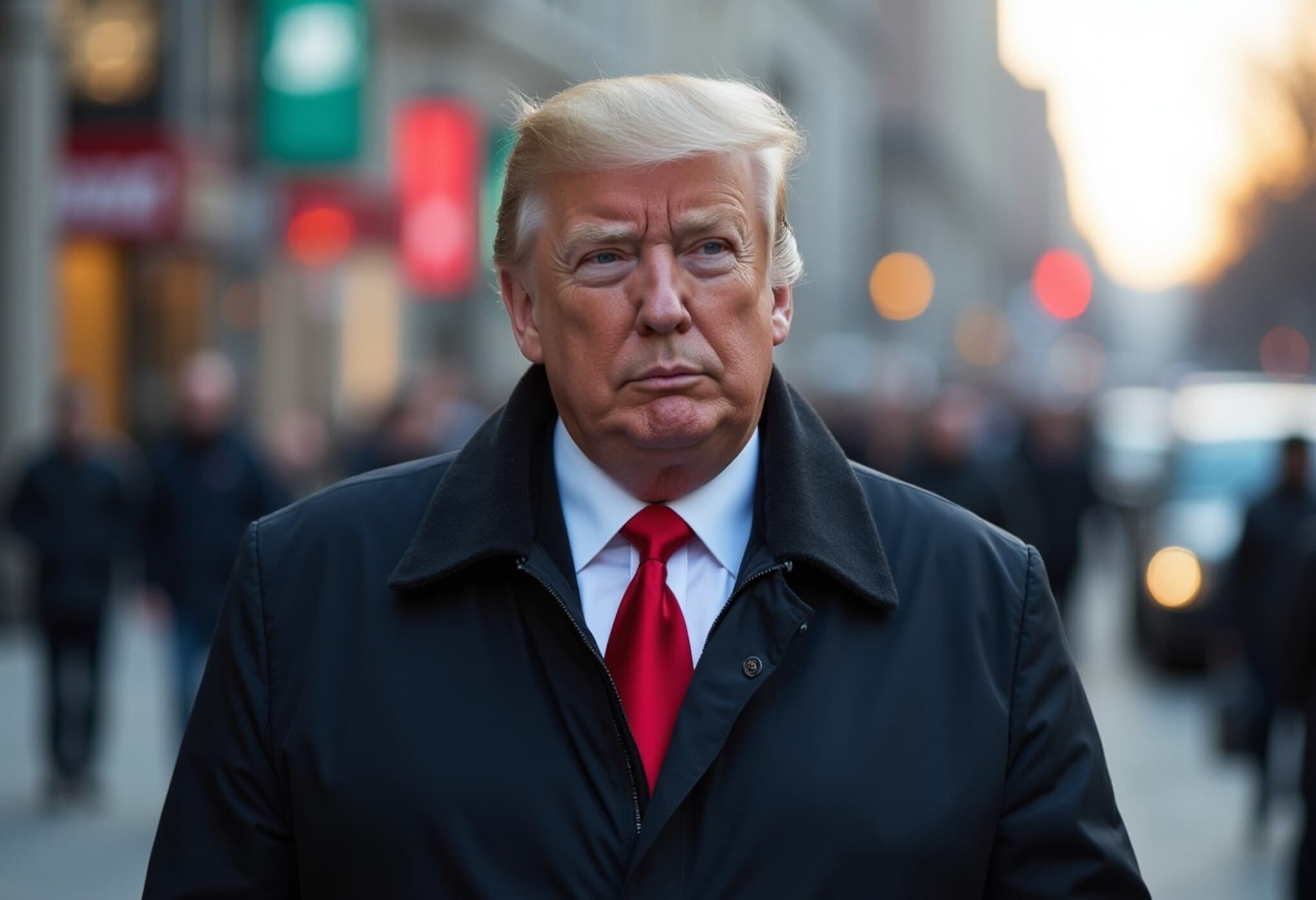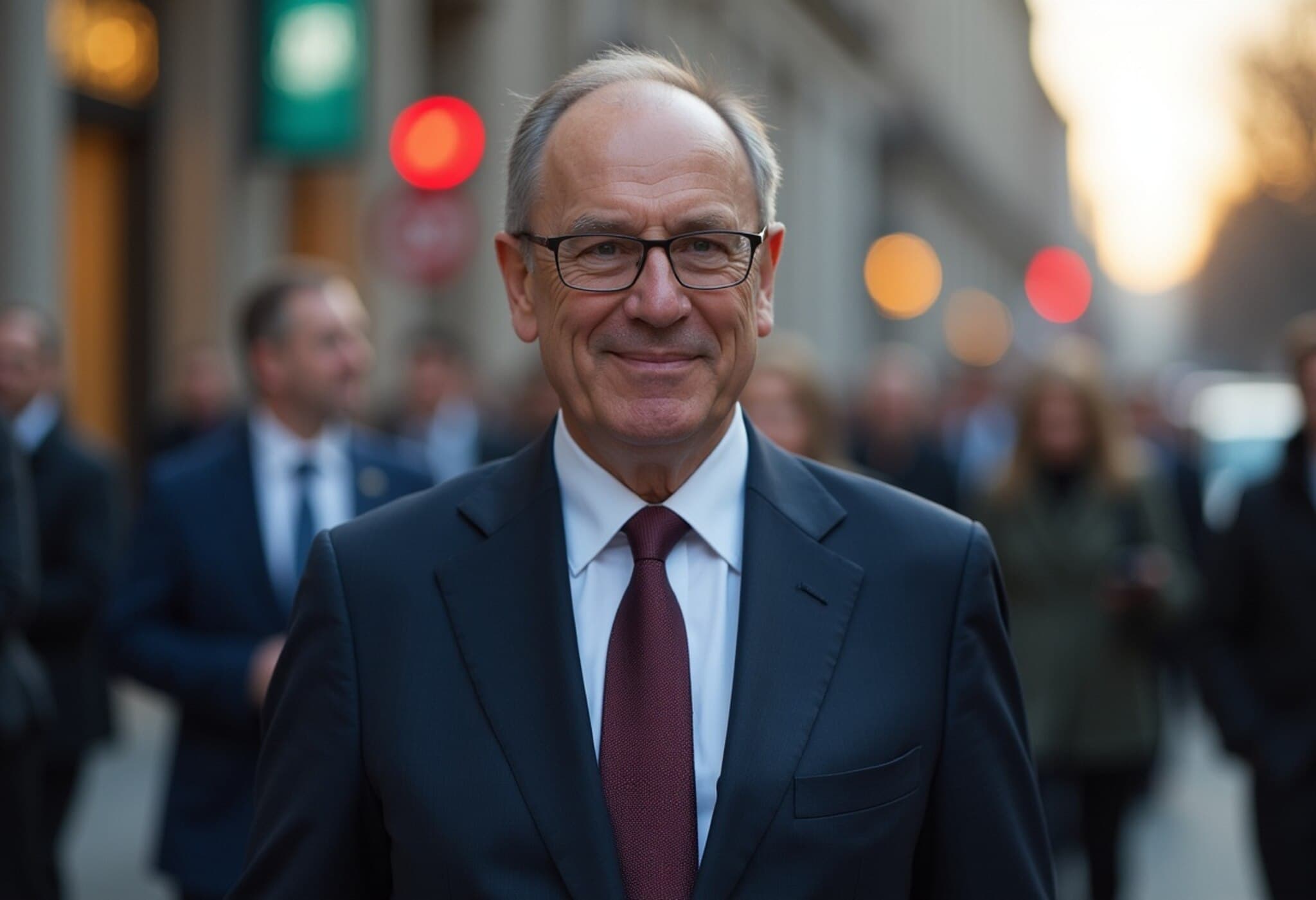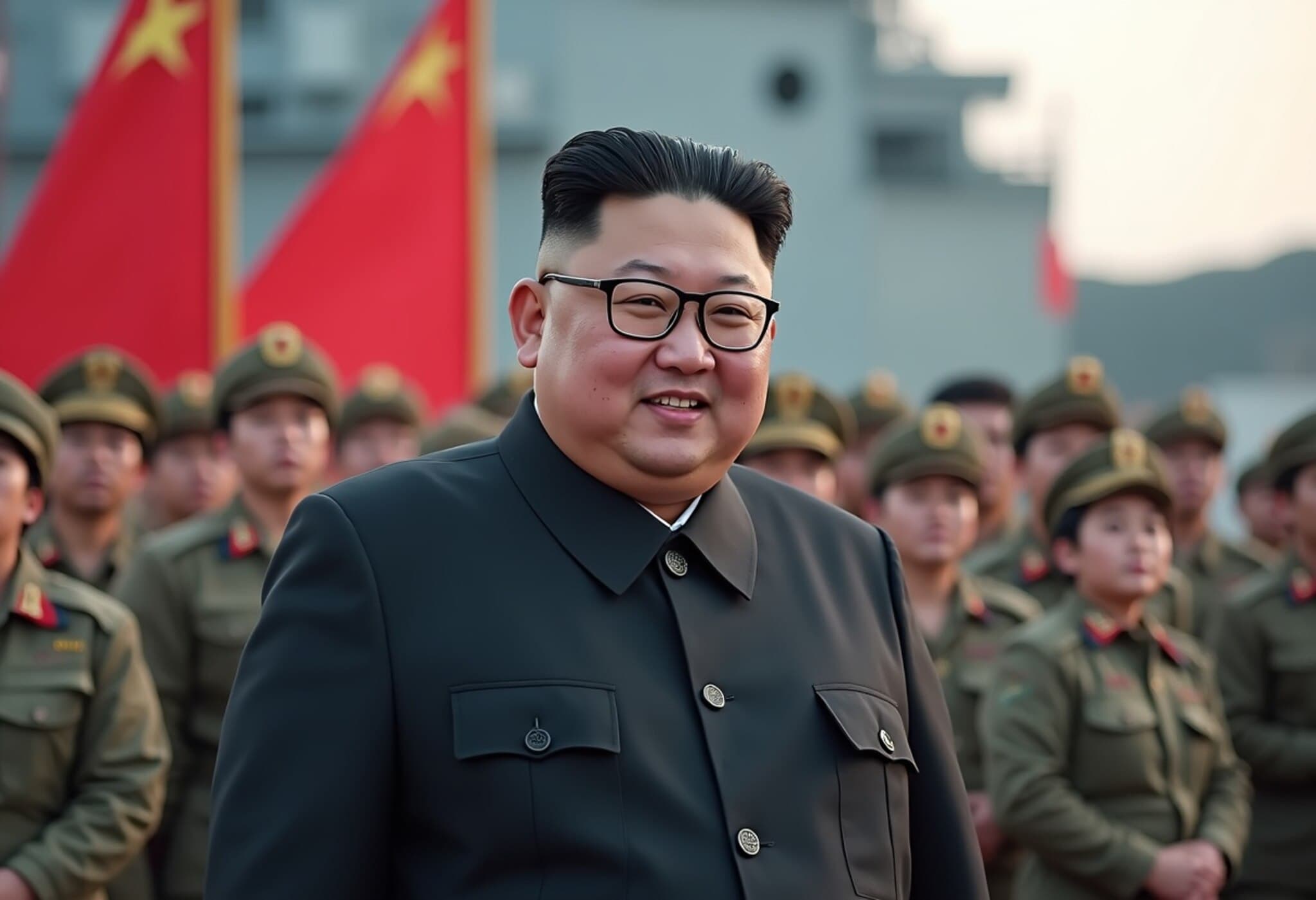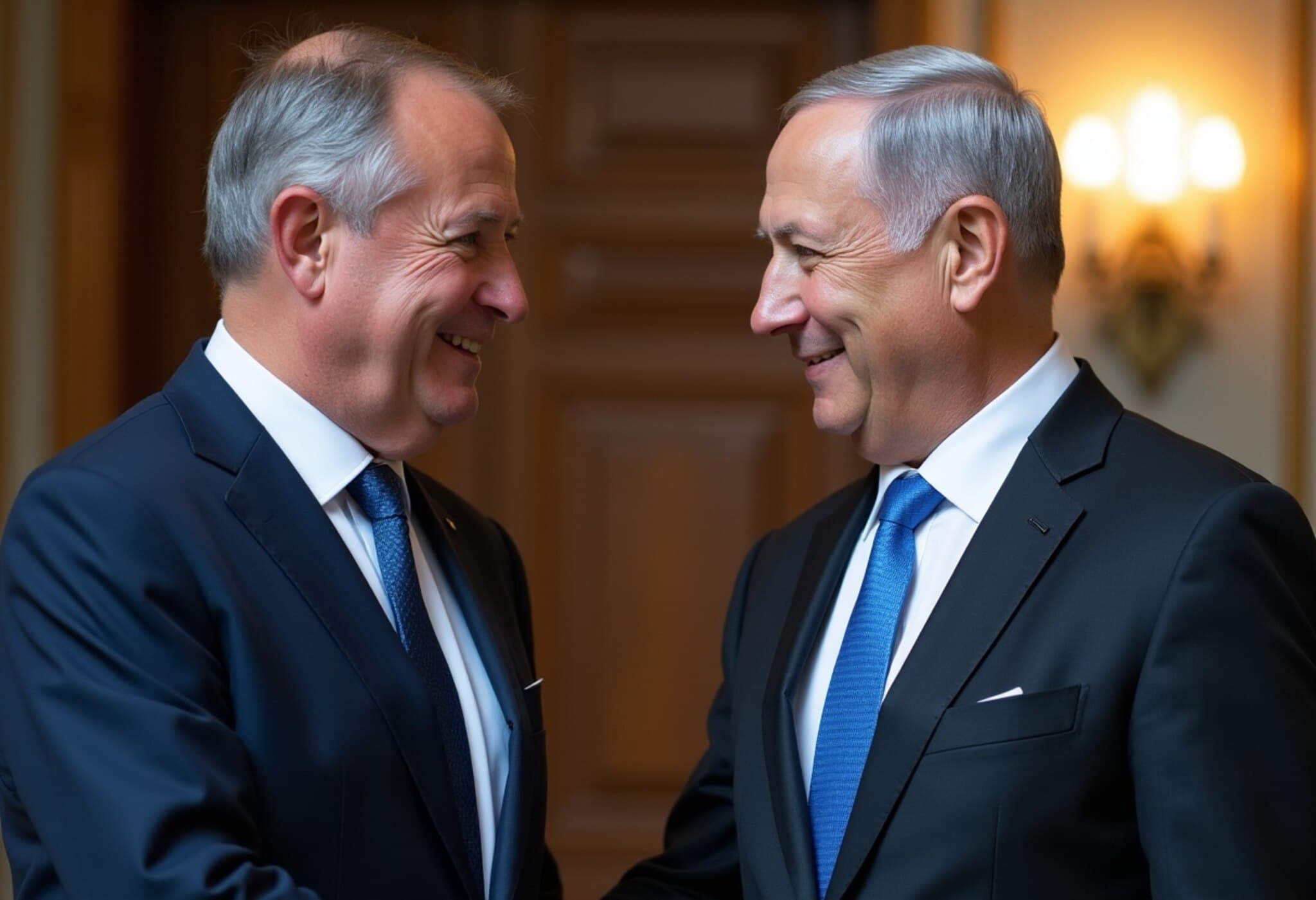Lavrov Reaffirms Russia's Stance: No Long-Term Ukraine Peace Without Security Guarantees
In a recent statement underscoring Moscow's unwavering position, Russian Foreign Minister Sergey Lavrov has asserted that no lasting agreement concerning the ongoing conflict in Ukraine will be possible unless Russia’s security interests are formally recognized and guaranteed.
Security Concerns Center Stage in Russia's Negotiation Strategy
Speaking to Russian state media, Lavrov emphasized that a sustainable resolution must respect not only Russia’s national security but also the rights of ethnic Russians and Russian-speaking populations residing in Ukraine. "Without respect for Russia’s security interests, rights of Russians and Russian-speaking people living in Ukraine, there can be no talk of any long-term agreements," he stated firmly.
This declaration signals a continuation — and indeed an intensification — of Moscow’s maximalist demands in ongoing and future diplomatic engagements. It reframes the conflict’s resolution as contingent on explicit legal guarantees that address Russia's geopolitical concerns, particularly its opposition to NATO's eastward expansion and its insistence on protecting Russian minorities abroad.
Contextualizing Russia's Demand: Historical and Strategic Perspectives
Lavrov’s hardline stance reflects deep-rooted anxieties in Moscow about Western military influence near its borders. For decades, Russia has viewed NATO’s growth as a strategic threat. The demand for security guarantees is therefore integral to Russia's broader objective to reassert itself on the global stage and recalibrate the post-Cold War European security framework.
From the U.S. and NATO perspective, such demands are often seen as a veto over the sovereign choices of Ukraine, raising profound legal and diplomatic challenges. The tension between respecting Ukraine's territorial integrity and Russia’s security assertions remains a core sticking point in peace discussions.
Implications for International Diplomacy and Conflict Resolution
- Diplomatic Deadlock: Lavrov’s renewed insistence may complicate peace negotiations, as long-term settlements typically require some flexibility on core security issues.
- Impact on Regional Stability: The unresolved demands cast a shadow over Eastern European security, potentially prolonging instability and fostering a new era of great-power rivalry.
- Humanitarian Concerns: The fate of Russian-speaking communities in Ukraine, highlighted by Lavrov, remains a contentious narrative often used by Moscow to justify its actions but less emphasized in Western discourse.
- U.S. Policy Considerations: Washington faces the delicate task of supporting Ukraine’s sovereignty while addressing broader strategic deterrence in Europe, balancing sanctions, diplomatic efforts, and military aid.
What Lies Ahead?
As the situation develops, observers and policymakers alike will be watching how these security demands evolve amid shifting geopolitical pressures. Will Russia maintain this maximalist stance or seek compromise? How will Western capitals respond to Moscow’s red lines? The answers will shape not only the future of Ukraine but the broader contours of post-Cold War Europe’s security architecture.
This story is evolving. Updates will follow as more details emerge.
Editor’s Note
Lavrov’s hardline pronouncement brings to the fore fundamental questions about peace processes entangled with national security narratives. For American policymakers and analysts, it underscores the challenge of reconciling respect for national sovereignty with the imperatives of deterrence and regional stability. Moreover, the emphasis on Russian-speaking populations reveals a key underreported dimension warranting deeper examination — one that intertwines human rights concerns with geopolitical strategy. As negotiations unfold, a nuanced understanding of these intertwined issues will be critical for crafting viable pathways to peace.

